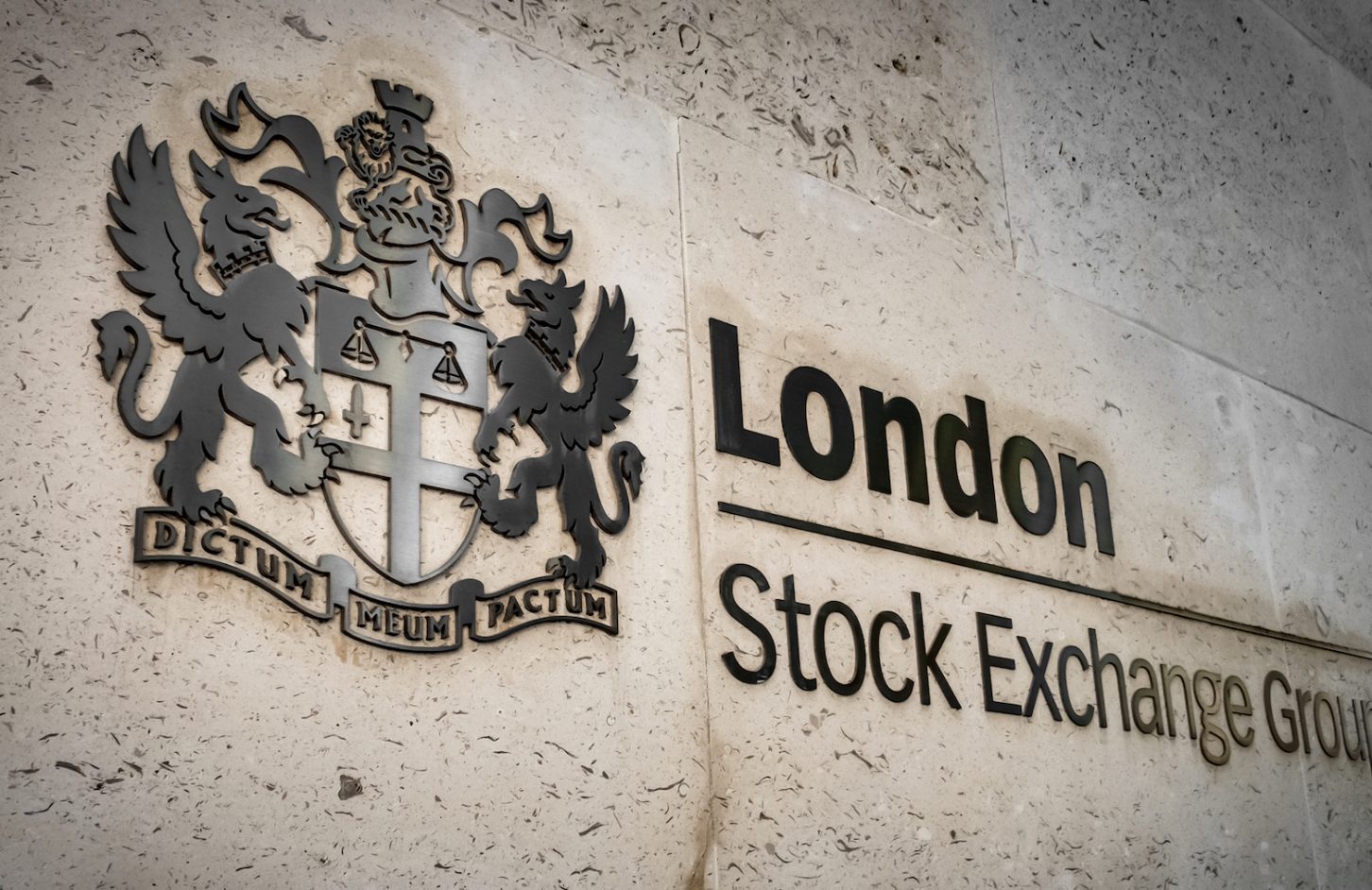Cash raised from initial public offerings (IPOs) in the UK has fallen over the last quarter as London markets continue to face trying conditions.
According to data from accounting firm EY, public markets in London saw just five listings, raising £359.8m, in the third quarter of the year. It represents a 36% drop compared with the same period last year.
Of the five listings, two were on the London Stock Exchange and three were on the Alternative Investment Market (AIM). The largest IPO in the UK last quarter was CAB Payments, a business-to-business money transfer firm, which raised £291.5m in its July listing.
London public markets have struggled to attract companies preparing to IPO this year, with interest rates, inflation and tough competition overseas stifling activity. Public markets outside the UK have also struggled with low activity volume this year.
London missed out on the blockbuster IPO of the Cambridge-based semiconductor designer Arm, which opted to list in New York where it raised $4.87bn at a $54.5bn valuation, making it the year’s largest IPO so far.
‘Reasons to be positive’
Scott McCubbin, EY’s UK IPO leader, said that despite the clear challenges the London markets were facing, “there are reasons to be positive”.
McCubbin noted that several companies that had “delayed their IPOs earlier this year” are preparing to be “IPO ready when headwinds ease”.
He added that an “uptick in activity in the US IPO market” could have a “positive knock-on impact” in other markets, including the UK, potentially leading to a rebound in 2024.
“Despite subdued activity levels, London still has the fundamentals required to be an attractive global destination to list, including an exceptionally strong financial advisory sector, a well-regulated stock exchange and a liquid investor base,” McCubbin said.
“The FCA’s review into simplifying the listings regime to help make London a more appealing destination for a wider range of companies is a welcome step, however, it is important that we strike the right balance between reducing red tape while continuing to safeguard protections for investors and other stakeholders.”

